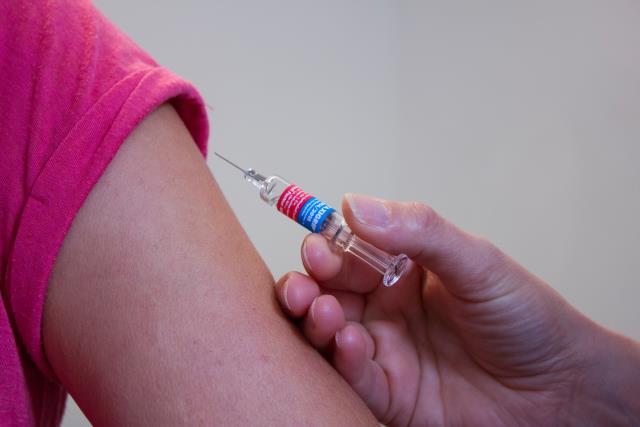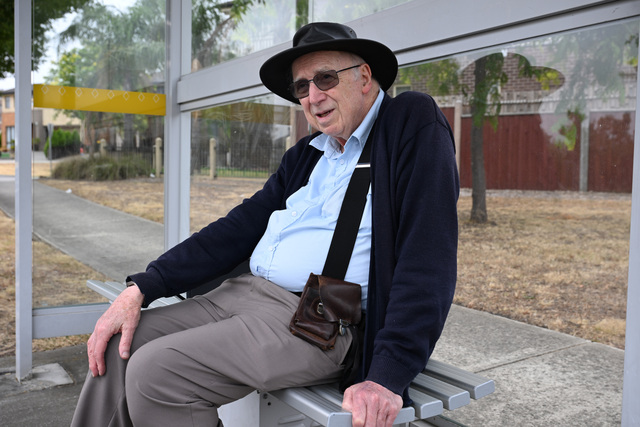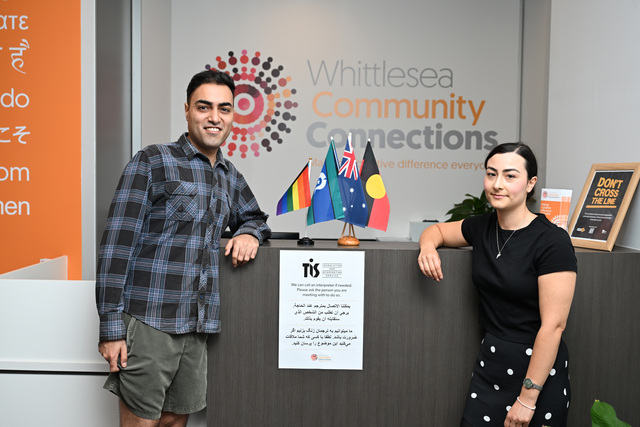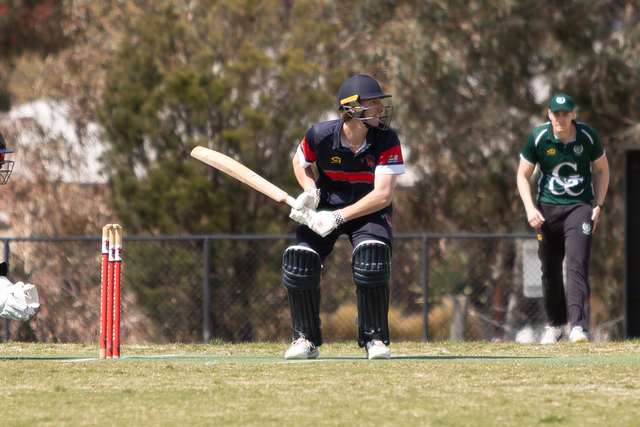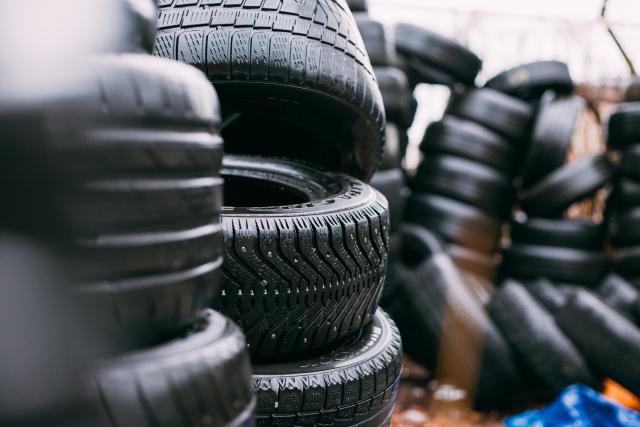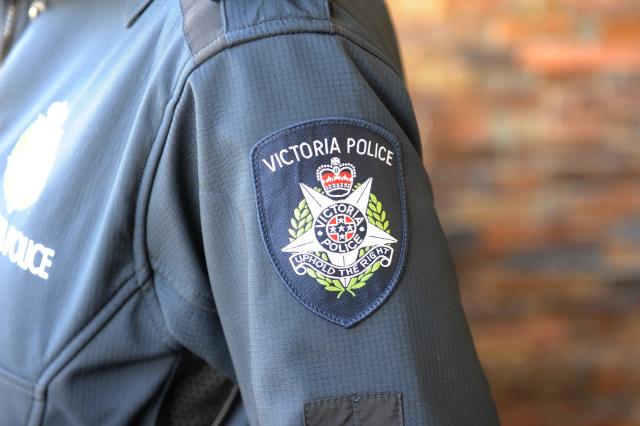During the height of the COVID-19 pandemic, things such as staying at home, wearing masks in public and social distancing were essential for reducing the spread of the virus.
A happy by-product of this was that many other infectious diseases were also impacted, resulting in record low case numbers.
You’ve probably already heard how, now that people are moving about, conditions such as flu and colds (and covid, by the way) are increasing again.
But another illness making a big and unwanted comeback is whooping cough – a bacterial infection that can be really serious and, in all cases, pretty unpleasant.
Whooping cough is also known as pertussis. In first six months of last year in Melbourne’s north and west there were 85 recorded cases. In the first six months of this year, that number jumped to 904 . That’s pretty much back to pre-pandemic levels.
Whooping cough usually starts like a mild cold – some snot and sneezing, a mild cough and maybe a fever. After a week or two the cold symptoms tend to get better, but the cough gets worse . And worse. And worse.
At its peak it can feel difficult to catch a breath between the coughs – which is why people end up making that ‘whoop-whoop’ sound as they quickly inhale.
In most cases, the worst of it will go away after a couple more weeks, but the coughing can linger for months. This why another name for pertussis is “the 100-day cough”.
Whooping cough can be particularly harmful to babies and young children. For this reason, the Australian Government’s National Immunisation Program provides free vaccinations against the bacterium at two, four, six and 18 months, and four years.
Kids aged 12 and 13 can also receive a free vaccination though schools-based programs.
Lots of other people can also get either a free initial vaccination (if they missed out in childhood) or a booster. These include anyone under 20, humanitarian arrivals, health care workers, childcare workers and teachers, and pregnant or breastfeeding women .
Of course, it’s important to remember that these vaccinations (like many others) won’t necessarily prevent someone from catching whooping cough, but they will lessen the chances of doing so and lessen the chances of things turning really nasty of they do.
For this reason, it makes sense to err on the side of caution if you or your children develop what looks like a mild cold with a bit of a cough and make an appointment to see a doctor.
Given the rise in cases, GPs are now looking at cold symptoms with what’s called “a high index of suspicion ”. That means they will consider pertussis in cases where there has been a prolonged cough, and then test for it.
The good news is that the infection can be treated with antibiotics, which will make life a bit easier, although they might not make it any shorter. Pertussis is very contagious, so people with it should stay at home, away from work or school, for at least three weeks after the cough starts, or until they’ve finished the course of antibiotics.
That can be a difficult thing to do, but it’s better to be safe than sorry.

